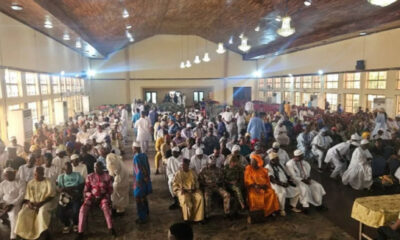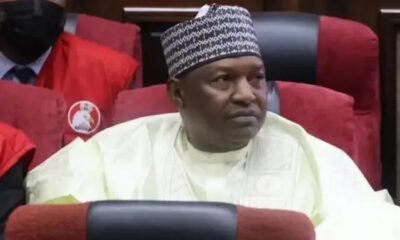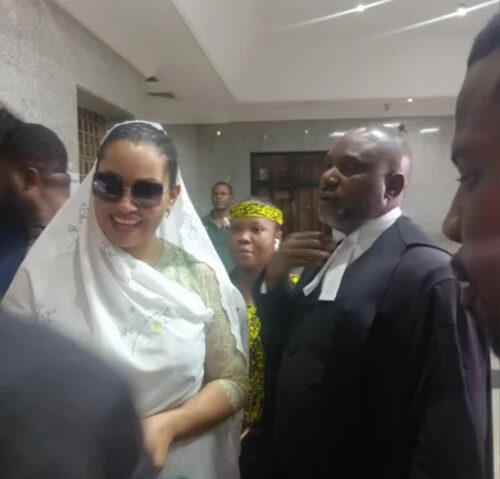BIG STORY
Over 500 Nigerian Nurses In UK Could Be Struck Off Over ‘Fraudulent Or Incorrect’ Exam Results

- /home/porsch10/public_html/wp-content/plugins/mvp-social-buttons/mvp-social-buttons.php on line 27
https://porscheclassy.com/wp-content/uploads/2023/05/images-41-e1683369143262.jpeg&description=Over 500 Nigerian Nurses In UK Could Be Struck Off Over ‘Fraudulent Or Incorrect’ Exam Results', 'pinterestShare', 'width=750,height=350'); return false;" title="Pin This Post">
- Share
- Tweet /home/porsch10/public_html/wp-content/plugins/mvp-social-buttons/mvp-social-buttons.php on line 69
https://porscheclassy.com/wp-content/uploads/2023/05/images-41-e1683369143262.jpeg&description=Over 500 Nigerian Nurses In UK Could Be Struck Off Over ‘Fraudulent Or Incorrect’ Exam Results', 'pinterestShare', 'width=750,height=350'); return false;" title="Pin This Post">
-

 BIG STORY1 day ago
BIG STORY1 day agoAwujale-Elect: Awujale Succession Not by Self Proclamation or Social Media —- Omooba Abimbola Onabanjo
-

 BIG STORY2 days ago
BIG STORY2 days agoClimb Down From Your High Horse, Tinubu Won’t Get Rid Of Wike For You, He Values Loyalty —- Fayose To Fubara
-

 BIG STORY3 days ago
BIG STORY3 days agoAwujale: Fusengbuwa Ruling House Slams KWAM1 Over Protest Letter To Gov Abiodun, Calls It ‘Arrant Nonsense’
-

 ENTERTAINMENT2 days ago
ENTERTAINMENT2 days agoBREAKING: Portable Arraigned, Remanded For ‘Assaulting Police Officer, Car Theft’
-

 BIG STORY2 days ago
BIG STORY2 days agoNext Awujale May Be Named In 14 Days, Ifa Will Pick One Of The 85 Nominees —– Olori Ebi
-

 BIG STORY3 days ago
BIG STORY3 days agoChimamanda Serves Euracare Hospital With Legal Notice Over Son’s Death
-

 BIG STORY11 hours ago
BIG STORY11 hours agoUS Suspends Immigrant Visa Processing For Nigeria, Ghana, 73 Other Countries [FULL LIST]
-

 BIG STORY3 days ago
BIG STORY3 days agoEx-AGF Malami Faces Fresh DSS Probe Over Alleged Firearms Found In His Home





















